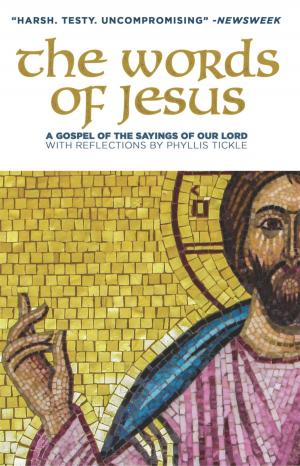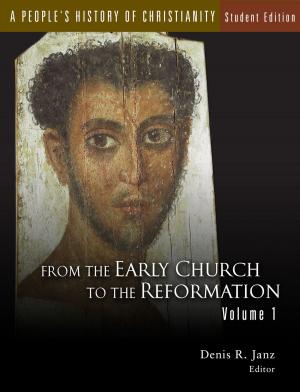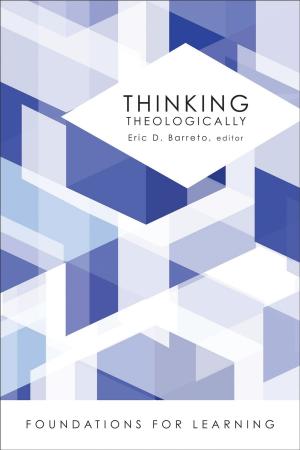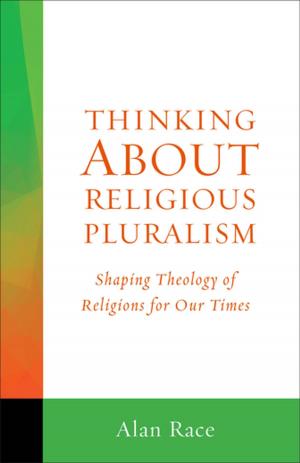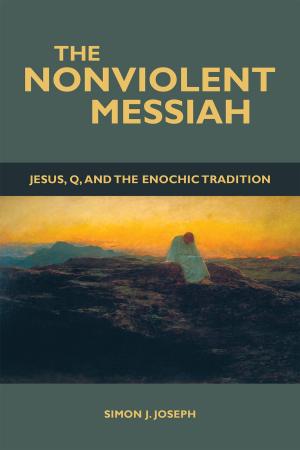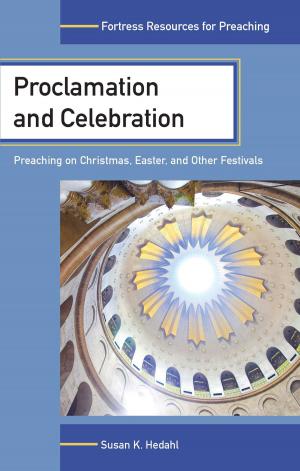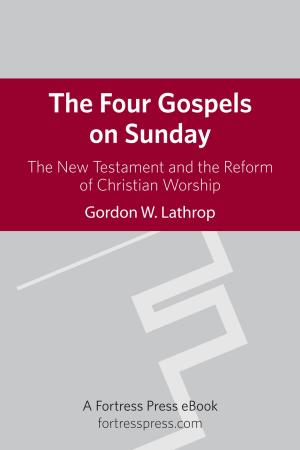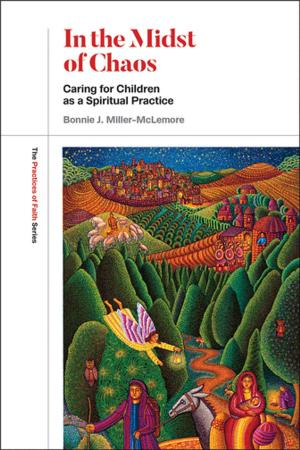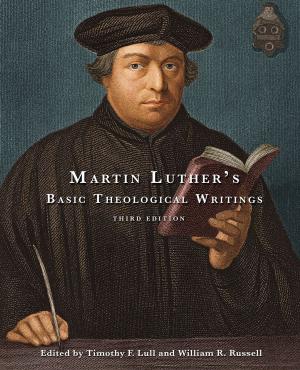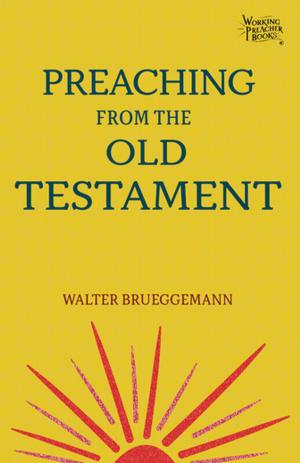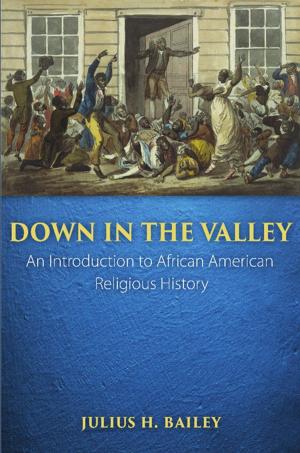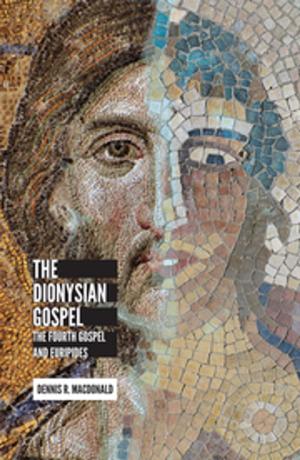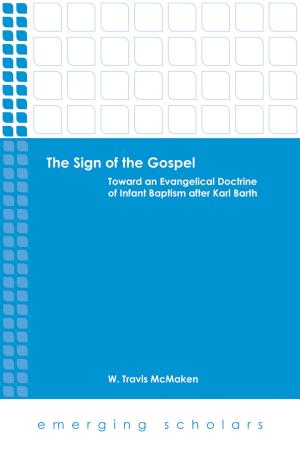Truth and Politics
A Theological Comparison of Joseph Ratzinger and John Milbank
Nonfiction, Religion & Spirituality, Christianity, Church, Church & State, Theology| Author: | Peter Samuel Kucer | ISBN: | 9781451465303 |
| Publisher: | Fortress Press | Publication: | August 1, 2014 |
| Imprint: | Fortress Press | Language: | English |
| Author: | Peter Samuel Kucer |
| ISBN: | 9781451465303 |
| Publisher: | Fortress Press |
| Publication: | August 1, 2014 |
| Imprint: | Fortress Press |
| Language: | English |
Truth and Politics tackles the crucial question of how the concept of truth is defined and how such is grounded theologically, through an analysis and comparison of the thought of two of the most important contemporary Catholic and Protestant theologians, Joseph Ratzinger (Benedict XVI) and John Milbank.
Peter Samuel Kucer traces out the critical question of the relationship of theology and politics, particularly as it intersects with ecclesiology, through a focus on the issue of the theological relationship to socialism. In this, Kucer demonstrates the competing accounts in the theologies of Joseph Ratzinger and John Milbank, arguing that Ratzinger’s theology is oriented in such a way that it maintains a provisional openness with regard to political forms—that theology and politics, while interconnected, do not demand commitment to a singular form of political model—in contrast to Milbank’s work, which subscribes to a particular pattern of church and politics.
Truth and Politics tackles the crucial question of how the concept of truth is defined and how such is grounded theologically, through an analysis and comparison of the thought of two of the most important contemporary Catholic and Protestant theologians, Joseph Ratzinger (Benedict XVI) and John Milbank.
Peter Samuel Kucer traces out the critical question of the relationship of theology and politics, particularly as it intersects with ecclesiology, through a focus on the issue of the theological relationship to socialism. In this, Kucer demonstrates the competing accounts in the theologies of Joseph Ratzinger and John Milbank, arguing that Ratzinger’s theology is oriented in such a way that it maintains a provisional openness with regard to political forms—that theology and politics, while interconnected, do not demand commitment to a singular form of political model—in contrast to Milbank’s work, which subscribes to a particular pattern of church and politics.

